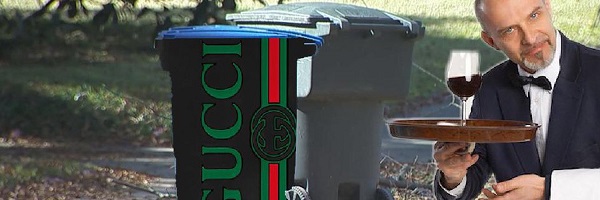The Patents SWET has, had to meet the following cr
Post# of 113

The examination of the application consists of a study of the application for compliance with the legal requirements and a search through U.S. patents, publications of patent applications, foreign patent documents, and available literature, to see if the claimed invention is new, useful and non-obvious and if the application meets the requirements of the patent statute and rules of practice. If the examiner’s decision on patentability is favorable, a patent is granted.
Patent Laws
The Constitution of the United States gives Congress the power to enact laws relating to patents, in Article I, section 8, which reads "Congress shall have power . . . to promote the progress of science and useful arts, by securing for limited times to authors and inventors the exclusive right to their respective writings and discoveries." Under this power Congress has from time to time enacted various laws relating to patents. The first patent law was enacted in 1790. The patent laws underwent a general revision which was enacted July 19, 1952, and which came into effect January 1, 1953. It is codified in Title 35, United States Code. Additionally, on November 29, 1999, Congress enacted the American Inventors Protection Act of 1999 (AIPA), which further revised the patent laws. See Public Law 106-113, 113 Stat. 1501 (1999).
The patent law specifies the subject matter for which a patent may be obtained and the conditions for patentability. The law establishes the United States Patent and Trademark Office to administer the law relating to the granting of patents and contains various other provisions relating to patents.
What Can Be Patented
The patent law specifies the general field of subject matter that can be patented and the conditions under which a patent may be obtained.
In the language of the statute, any person who “invents or discovers any new and useful process, machine, manufacture, or composition of matter, or any new and useful improvement thereof, may obtain a patent,” subject to the conditions and requirements of the law. The word “process” is defined by law as a process, act, or method, and primarily includes industrial or technical processes. The term “machine” used in the statute needs no explanation. The term “manufacture” refers to articles that are made, and includes all manufactured articles. The term “composition of matter” relates to chemical compositions and may include mixtures of ingredients as well as new chemical compounds. These classes of subject matter taken together include practically everything that is made by man and the processes for making the products.
The Atomic Energy Act of 1954 excludes the patenting of inventions useful solely in the utilization of special nuclear material or atomic energy in an atomic weapon. See 42 U.S.C. 2181(a).
The patent law specifies that the subject matter must be “useful.” The term “useful” in this connection refers to the condition that the subject matter has a useful purpose and also includes operativeness, that is, a machine which will not operate to perform the intended purpose would not be called useful, and therefore would not be granted a patent.
 (1)
(1) (0)
(0)Solar Wind Energy Tower, Inc. (SWET) Stock Research Links
Never argue with stupid people, they will drag you down to their level and then beat you with experience.
Get .... PrivacyLok https://cyberidguard.com/
Try SafeVchat: https://cyberidguard.com/
My comments are only my opinion and are not to be used for investment advice.
Please conduct your own due diligence before choosing to buy or sell any stock.
